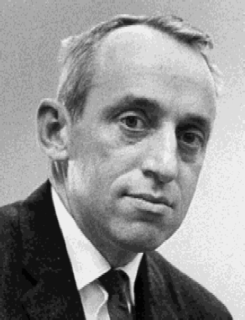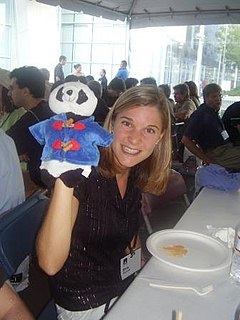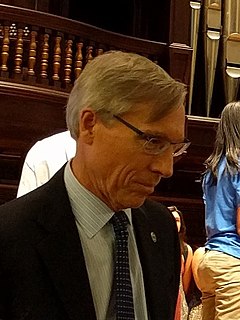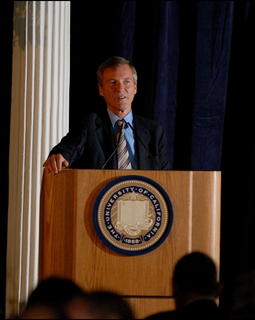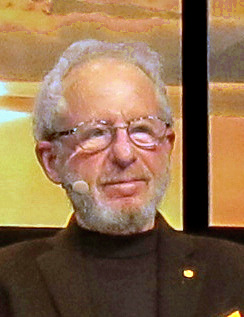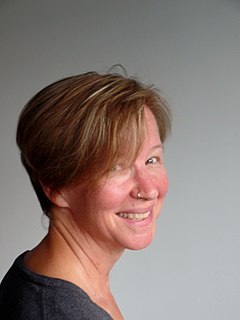A Quote by Marty Nemko
I believe that a core problem with undergraduate education, especially at research universities like Harvard, Stanford, NYU, etc, is that most teaching is done by PhDs, who by temperament, training, interests, and rewards are researchers first. So they spend most of their time and energy probing a snip of a field's cutting edge. In my view, the attributes needed to be a transformative undergraduate instructor are pretty orthogonal to that. It would seem that undergraduate education would be superior if there was a separate track for teaching faculty.
Quote Topics
Attributes
Believe
Core
Cutting
Cutting Edge
Done
Edge
Education
Energy
Etc
Faculty
Field
First
Harvard
I Believe
Instructor
Interests
Like
Most
Needed
Nyu
Phds
Pretty
Probing
Problem
Research
Research Universities
Researchers
Rewards
Seem
Separate
Spend
Stanford
Superior
Teaching
Temperament
Time
Time And Energy
Track
Training
Transformative
Undergraduate
Universities
View
Would
Would Be
Related Quotes
I fear - as far as I can tell - that most undergraduate degrees in computer science these days are basically Java vocational training. I've heard complaints from even mighty Stanford University with its illustrious faculty that basically the undergraduate computer science program is little more than Java certification.
After two years of undergraduate study, it was clear that I was bored by the regime of problem-solving required by the Cambridge mathematical tripos. A very sensitive mathematics don recommended that I talk to the historian of astronomy, Michael Hoskin, and the conversation led me to enroll in the History and Philosophy of Science for my final undergraduate year.
My undergraduate years at the University of Nebraska were a special time in my life: the combination of partying and intellectual awakening that is what the undergraduate years are supposed to be. I went to the university with the goal of becoming an engineer; I had no concept that one could pursue science as a career.
I am relieved that, in my own teaching, I don't have to moderate between high stake teaching and education for the virtues. If I did, I would give students the tools to take the tests but not spend an inordinate amount of time on test prep nor on 'teaching to the test.' If the students, or their parents, want drill in testing, they'd have to go elsewhere. As a professional, my most important obligation is to teach the topic, skills, and methods in ways that I feel are intellectually legitimate.
As with many teens, my first jobs included babysitting and mopping floors at McDonald's. Since then, I've held jobs a diverse as selling used cars, selling apparel, cosmetics, and real-estate, substitute-teaching six graders, teaching undergraduate creative writing, and working as an editorial assistant for a literary magazine.





